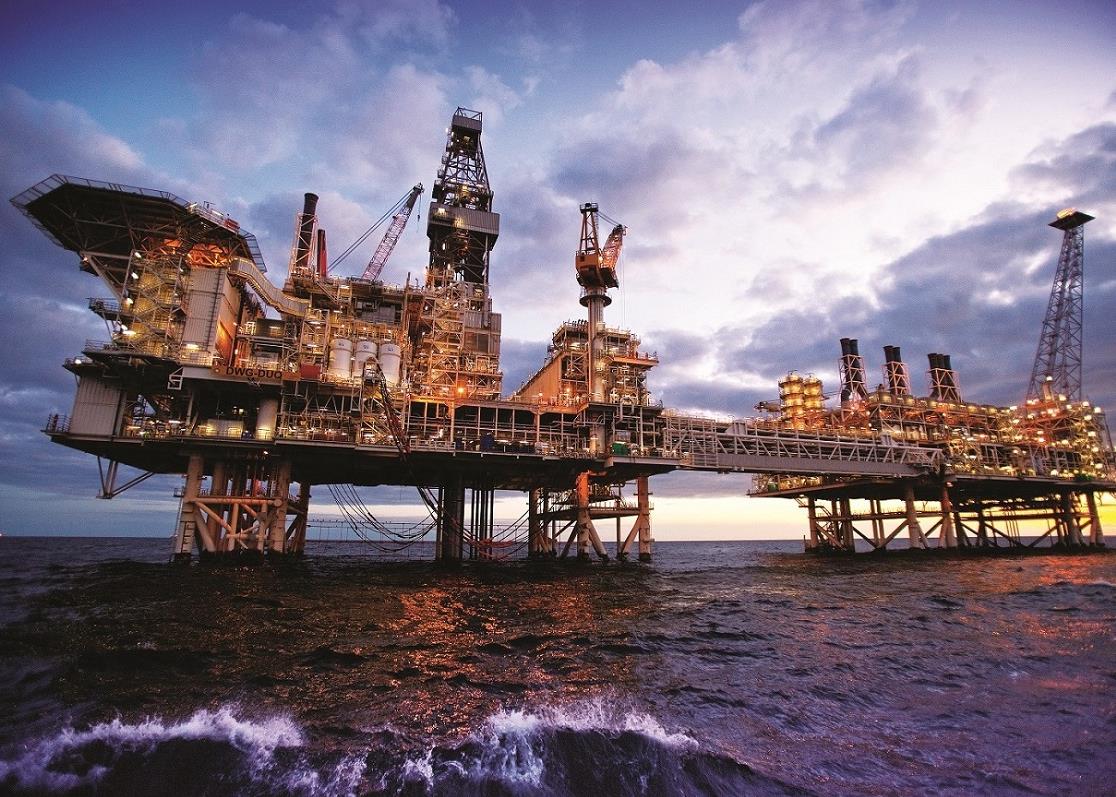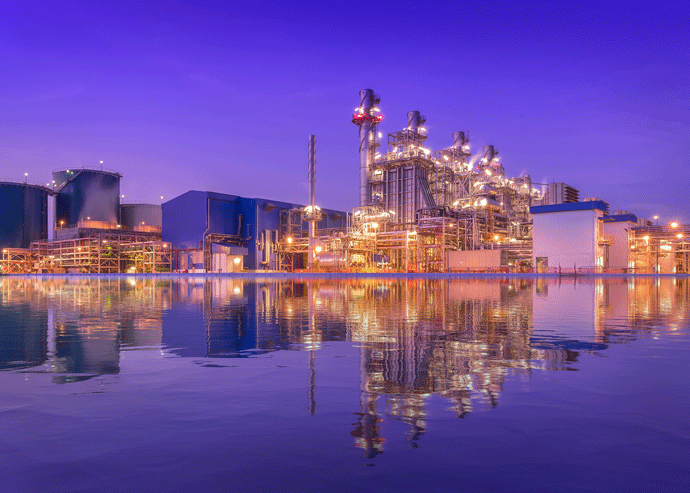
The Oil Ministry is set to finally award several delayed contracts in the near future, but scepticism remains about its ambitious targets, while local demand threatens to spiral out of control
With nearly 10 per cent of the world’s oil reserves and more than 100 trillion cubic feet of natural gas, Iraq’s energy sector has huge potential for further growth. The government has set ambitious targets for raising output to more than 12 million barrels a day (b/d) of oil by 2017, which would rival production from Saudi Arabia, currently the world’s largest oil exporter. Current production stands at less than 3 million b/d.
The target becomes more daunting considering Iraq has suffered through 30 years of conflict, sanctions and occupation, which reduced it from one of the most advanced economies in the Middle East to one of its poorest.
Oil accounts for about 90 per cent of government revenue, which must be used to fund reconstruction efforts. In 2011, Iraq earned almost $83bn from crude oil exports, which averaged 2.17 million b/d. In 2010, the country had earned only $52bn.
Oil licence awards
The backbone of the production increase comes from 12 oil and gas field licences awarded to international oil companies (IOCs) over three auctions since 2009. The IOCs entered bids on the basis of how much they would increase production and how much remuneration they would accept for each additional barrel of crude.
Iraq aims to raise output to more than 12 million b/d from the current output of less than 3 million b/d
Since the contract signings, consultants and former Oil Ministry officials have been sceptical about Iraq’s ability to reach its targets and have even questioned whether it needs to aim so high. Sources in Baghdad have hinted that the government may begin to renegotiate the terms of the contracts to reflect this scepticism.
However, during an Opec presentation in December, Falah al-Amri, director of the Oil Ministry’s State Oil Marketing Organisation, said Iraq aims to ramp up production and boost its international political power at the same time.
According to Al-Amri, Iraqi oil production should reach 4.5 million b/d by 2015, at which point Opec will begin enforcing the production quota it imposes on its member states to maintain a healthy balance of supply and demand.
“Our plan is not to flood international markets,” said Amri to delegates at the presentation. “If we have a spare 2 or 3 million barrels a day, then so be it.”
The extra capacity would make Iraq a potential rival to Saudi Arabia in its ability to make up the shortfall from any international oil supply disruptions.
The winning IOCs from Iraq’s first and second hydrocarbon licensing rounds in 2009 are now launching tenders for new facilities and rehabilitating existing infrastructure at their fields. The development of the Rumaila oil field by the UK’s BP and China National Petroleum Corporation will be the biggest draw, with a potential spend of up to $34bn by 2020.
The initial excitement following the licence awards has now been tempered by the reality on the ground. The IOCs face several challenges as they race to meet the tight deadlines set by Baghdad to achieve their production increases. Security issues attract the most headlines, but there are more mundane concerns affecting operations, including Iraq’s complex and antiquated bureaucracy, political wrangling and a debilitating lack of infrastructure.
Oil contract signings
According to data from regional projects tracker MEED Projects, over the past two years Iraq’s Oil Ministry has signed almost $3.1bn-worth of contracts in the upstream and downstream oil and gas sectors. These include engineering, procurement and construction (EPC) and drilling contracts. In comparison, neighbouring Kuwait awarded $12.8bn-worth of EPC projects in the same period.
Oil industry consultants and former oil ministry officials have questioned whether Iraq needs to set such high targets
This year could see a major rise in contract awards. In January, after a delay of almost six months, South Korea’s Samsung Engineering was named as the main contractor in a $1bn deal to build early production facilities at the West Qurna phase 2 oil field in southern Iraq. Samsung is also the low bidder for a $300m deal to build central processing facilities at the field.
UK-based Petrofac will undertake a $330m contract for central processing facilities at the Badra oil field. There is a further $4.7bn-worth of EPC bids under evaluation and due for award. Add to this seven projects in the front-end engineering and design (feed) stage worth more than $15bn and the scale of the Iraq projects market over the next few years becomes more apparent. These are all due to be tendered and awarded by the end of the year.
Competition for contracts has been intense since the projects market began to take off. Almost all major EPC firms are represented, although not all have offices within Iraq. Given the relative infancy of the market, companies are pitching enthusiastically to gain a foothold, even for work they are unlikely to get. “We are bidding on 98 projects out of 100 just to win something,” says a contractor in Iraq.
In May, IOCs will bid again, this time for a dozen oil and gas exploration blocks across the country. This will provide another opportunity for the construction of new facilities and infrastructure in the future, but will depend on the outcome of exploratory drilling and surveys.
While some projects have faced delays, others are moving ahead at pace. The tripling of southern oil export capacity into the Gulf kicked off in mid-February with the inauguration of the first floating oil terminal near Basra. The new single-point mooring can process 850,000 b/d, increasing export capacity to 2.1 million b/d, and is the first of five such facilities that should be in place by the end of 2013.
“It is one of the largest and most important projects in Iraq, and has no precedent,” said Oil Ministry spokesman Asim Jihad at the opening of the terminal. “It is part of the ministry’s plans to raise export capacity over the next few years.”
This is the first of many oil transport infrastructure projects that Iraq will have to manage. Revamping the existing pipeline network and rehabilitating the pumping stations along the way will be a massive task, staggered over a number of years. While the new pipelines are being planned and built, extensive integrity management and rehabilitation work on the existing network must be carried out.
Gas capture in Iraq
Work could also start this year on the long-delayed gas capture and utilisation project being led by UK/Dutch oil major Shell Group. Having waited for government approval since late 2008, the $17bn scheme finally got the green light at the end of November.
The deal includes the construction of a $4.4bn liquefied natural gas (LNG) export plant, as well as the $12.8bn construction of gas capture and processing facilities and the rehabilitation of existing facilities at four oil fields. These are Zubair, Rumaila, and West Qurna phases 1 and 2, all in southern Basra.
Almost 700 million cubic feet a day (cf/d) of natural gas is burnt off in the south of the country due to a lack of infrastructure designed to deal with it. This is wasteful not only in terms of carbon emissions and environmental damage, but also in terms of lost revenue. The gas capture deal has the potential to harness surplus gas feedstock to power Iraq’s national grid.
Progress has not been easy, however. Shell signed a heads of agreement with the Oil Ministry in September 2008, but the deal has been plagued by controversy since then, facing criticism for awarding a single international group a monopoly over gas resources in the south of the country, something Shell denies. It also drew criticism for the proposal to export LNG at a time when Iraq continues to suffer from power shortages.
This year will also be a test for the Oil Ministry’s downstream oil refining plans, which have tended to be overshadowed by events further upstream. The consumption of refined products is rising, particularly for fuel oil and gasoline, driven by a growing economy. However, production is failing to keep pace with demand.
Iraq currently exports about 80 per cent of its production, which earned it almost $83bn in revenues last year. In July, it exported 2.2 million b/d from a total production of a little over 2.7 million b/d, with the remaining 586,000 b/d refined at a combination of new, small topping plants and older refineries across the country. Existing production at Iraq’s aged facilities located in Baiji, Baghdad and Daura is hindered by poor maintenance and equipment, the legacy of sanctions and war. Operating rates have dropped to as low as 60 per cent.
Meeting oil demand
To meet rising local fuel demand, the Oil Ministry is planning four new refineries worth a total of more than $23bn, which are currently going through the feed phase.
| Iraq crude oil production | |
|---|---|
| Year | (Thousand barrels a day) |
| 2000 | 2,614 |
| 2001 | 2,523 |
| 2002 | 2,116 |
| 2003 | 1,344 |
| 2004 | 2,030 |
| 2005 | 1,833 |
| 2006 | 1,999 |
| 2007 | 2,144 |
| 2008 | 2,423 |
| 2009 | 2,482 |
| 2010 | 2,700 |
| 2016f | 7,123 |
| 2020f | 12,000 |
| f=Forecast. Sources: BP, Oil Ministry | |
The ministry expects to launch tenders in 2012 for its planned $5bn-plus, 150,000-b/d grassroots facility at Kirkuk, about 300 kilometres north of Baghdad. A feasibility study and Feed was completed by the US’ Shaw Group.
> Iraq crude oil production data
The Oil Ministry also plans to build a 300,000-b/d refinery at Nassiriya in the south and another 150,000-b/d refinery at Missan in the east of the country. An agreement was signed with a consortium in June for a 200,000-b/d refinery at Karbala.
Baghdad will soon set out its terms for investment and expects to see the same kind of enthusiasm for downstream projects as it has witnessed in the upstream sector.
You might also like...

Adnoc Offshore awards Upper Zakum contract
17 April 2024

Oman awards Batinah coastal road contract
17 April 2024

Oman appoints Al Khuwair Downtown project manager
17 April 2024
A MEED Subscription...
Subscribe or upgrade your current MEED.com package to support your strategic planning with the MENA region’s best source of business information. Proceed to our online shop below to find out more about the features in each package.









